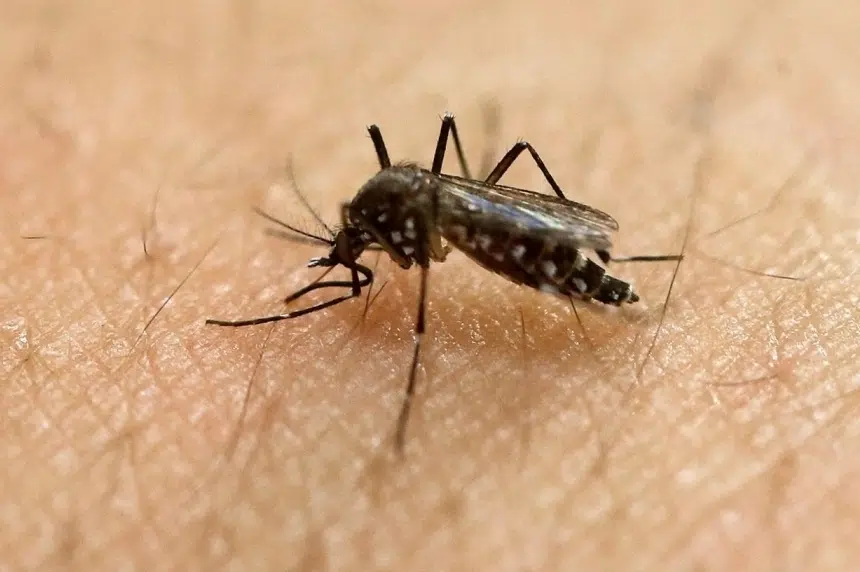Saskatchewan could have its first case of Zika virus spread through sexual contact.
Deputy chief medical health officer Dr. Denise Werker announced a woman from somewhere in the province had sex with a man who had been diagnosed with the virus after traveling to a country where Zika is prevalent.
She explained the woman had symptoms that suggested she may have the virus based on initial testing.
Werker would not say if the woman is pregnant or reveal any other details about the case.
A lab in Winnipeg is running additional tests to confirm. If results do confirm the presence of Zika virus, it would also be the first sexually-transmitted case in Canada.
“The advice now is that women should defer travel to these countries and if they cannot then to take mosquito precautions,” she said, referring to mosquito repellent and sleep netting.
As well, men could infect women upon their return from travel. New scientific evidence suggests the virus can remain in semen for as long as two months.
“All women who wish to become pregnant when they come back from traveling from these countries should defer pregnancy for two months and if their partner has come back from travel they should consider using condoms or deferring pregnancy for six months,” Werker said.
Werker said she wanted to get the message out with spring break approaching, as many people will be traveling during that time.
Zika virus normally presents as a mild infection and lasts for a week or less. According to Saskatchewan Health, people don’t normally get sick enough to go to the hospital. Zika virus is very serious during pregnancy because it has been linked to birth defects such as microcephaly. The infection has also been linked to Guilliain-Barré syndrome, which is a rare condition where the immune system attacks the nervous system.
In addition to the suspected sexually-transmitted case, Werker said there are two other confirmed cases of Zika, both of which are travel-related.







